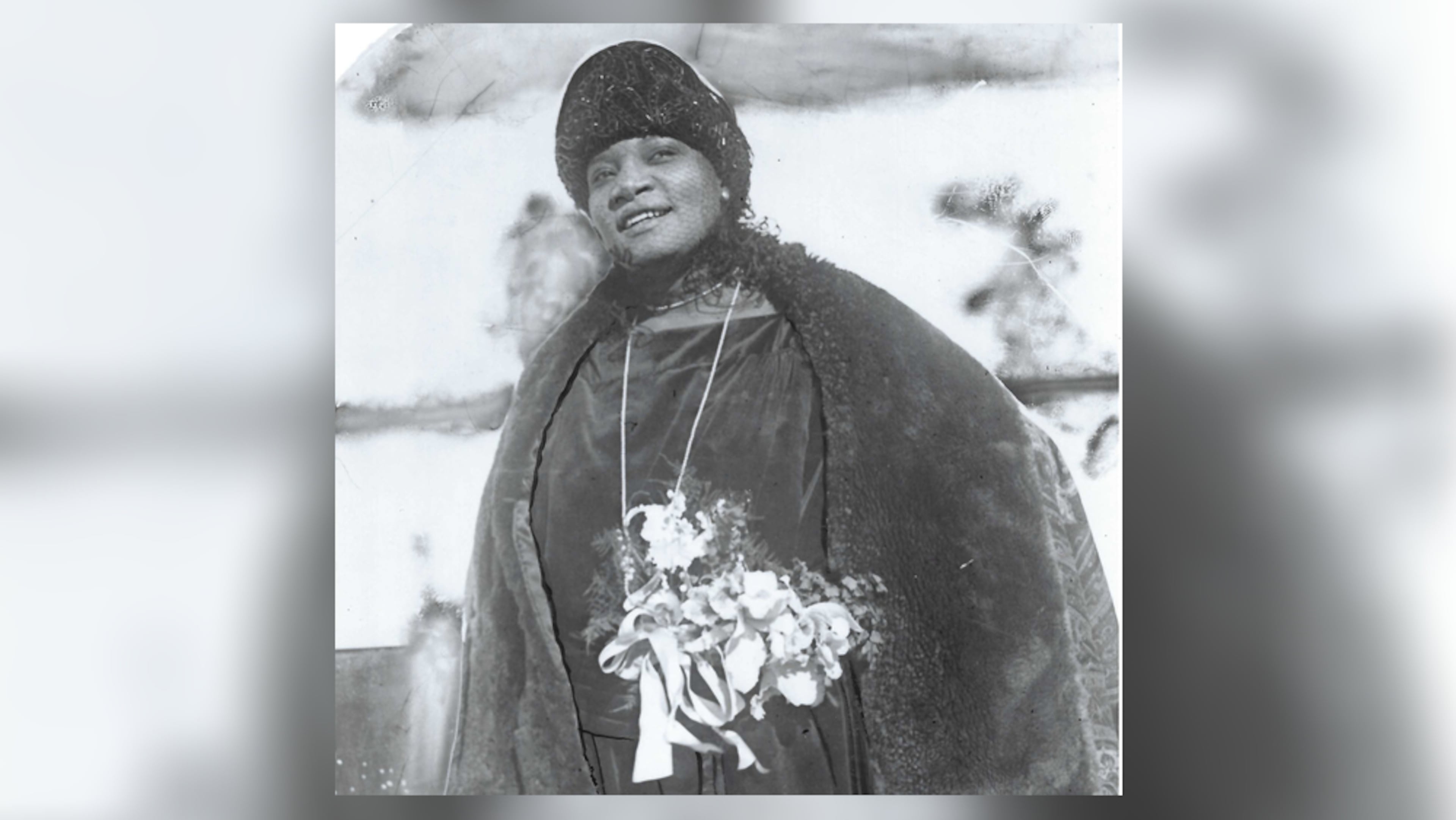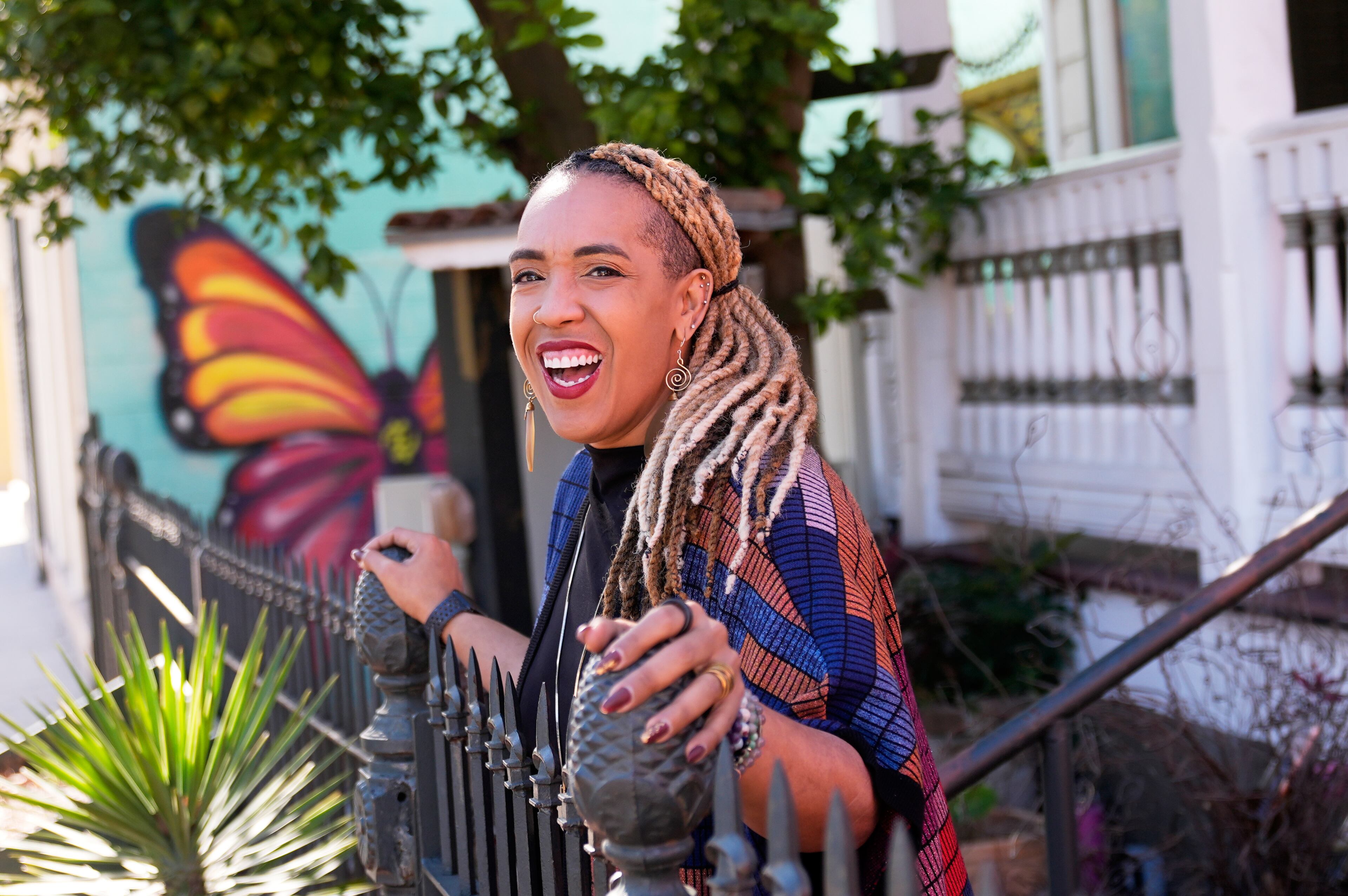Why Black cultural salons still matter today

The Dark Tower, a cultural salon created by A’Lelia Walker, the daughter of haircare icon Madam C.J. Walker, was a mythic place from the start.
During the Harlem Renaissance, it quickly became a hot spot for artists, writers, thinkers, and musicians who craved a space for self-expression and intellectual exchange.
“I want to make it into a club where people of all nationalities can meet, discuss their problems, get acquainted and learn to know each other,” Walker said to Art Deco furniture designer and architect Paul T. Frankl. In 1927, she hired him to remodel the space that had previously served as the third-floor bedroom suite of her Harlem townhouse.
The spirit of this moment, recounted in the book “Joy Goddess: A’Lelia Walker and the Harlem Renaissance” by A’Lelia Bundles, Walker’s great-granddaughter, has served as inspiration for generations of artists, thinkers and entrepreneurs seeking to convene, create and find community.

“The Harlem Renaissance is such an amazing and magical period of time when these writers, artists, actors and musicians … created community because they were talented and wanted to be with each other but also in response to the racism of the Woodrow Wilson administration, Red Summer and the Tulsa Race Massacre,” said Bundles when we talked by phone.
We live in what feels like an increasingly polarized environment and it has created an undeniable need for safe spaces that offer unrestricted intellectual debate and cultural engagement.
Long after the Dark Tower became a casualty of the Great Depression, a new wave of cultural salons has emerged in Atlanta and other cities, both online and IRL, that offer civil exchange and a sense of community in a world gone mad.
In Atlanta, The Tenth and the Gathering Spot are membership based cultural hubs reflecting the spirit of Walker’s Dark Tower.
Last year, Nikole Hannah-Jones, the creator of The 1619 Project, announced her intent to develop a public salon space in Brooklyn which harnesses the best attributes of the Harlem Renaissance.
Salons have also gone virtual with programming such as Lit Fridays by the August Wilson African American Cultural Center, a free monthly chat with creatives of the African Diaspora.
For so many of these efforts, A’Lelia Walker set the standard.

Bundles had long been frustrated with the portrayal of Walker in early books about the Harlem Renaissance.
“A’Lelia Walker was always a caricature,” Bundles said. “It really diminished her and I knew in my bones that there was something more to her.”
Author and poet Langston Hughes’ description of Walker as the “joy goddess” more aptly described her talents as a host who could organize the kind of welcoming, elegant gatherings that brought diverse groups of people together.
The Dark Tower, with its red and black lacquer cocktail tables, matching dinnerware and Frankel’s signature skyscraper bookshelf, was a study in luxury.
The business model was visionary, Bundles said, but ultimately unsustainable.
Walker hoped wealthy patrons would buy annual memberships to subsidize operations. Young creatives pledged to help attract members and in return, the space would serve as a retreat where they could hang out for free (they paid a token annual fee of $1) and build relationships with potential benefactors.
The Dark Tower held a place of pride in the community, but the financial struggle was real.
“I saw the nitty-gritty of the business, the bills that needed to be paid, the boiler that broke down,” Bundles said of information revealed in letters from Walker to Freeman B. Ransom, attorney and general manager of Madam C.J. Walker Manufacturing Company. “It was a good idea to create an endowment. She just wasn’t able to develop that infrastructure.”
By 1930, the Dark Tower had closed its doors and the building was converted into a community health center. Walker’s dream of creating a profitable cultural space had proven incompatible with her intention to provide a haven for young artists.
While today’s membership clubs took a page from Walker’s model, they also have made important pivots.
After 10 years, the Gathering Spot, the private membership club that launched in Atlanta in 2016, opened a second location in the city and expanded its membership model.
Now, members can join from anywhere in the country, even if there is no physical club in their city (only Atlanta, Washington, D.C. and Los Angeles have locations).
There is also a free community membership.
In August, when President Donald Trump deployed the National Guard in Washington, D.C., the Gathering Spot created the Safe House, an initiative for non-members to use the space as a place to work, connect or find refuge.
We are living through a moment of significant change, not unlike past generations who recognized the importance of documenting and discussing the events of the world as they unfolded.
Bundles said A’Lelia Walker would recognize the ways in which society is turning back and like her mother, Madam C.J. Walker, she would likely be disgusted.
Our ancestors wanted to live a full life, rich in creativity and joy, and they knew, in a society that too often treated them as interlopers, they needed spaces to figure out how to move forward.
We honor them by keeping that tradition alive.
Read more on the Real Life blog (www.ajc.com/opinion/real-life-blog/) and find Nedra on Facebook (www.facebook.com/AJCRealLifeColumn) and X (@nrhoneajc) or email her at nedra.rhone@ajc.com.



